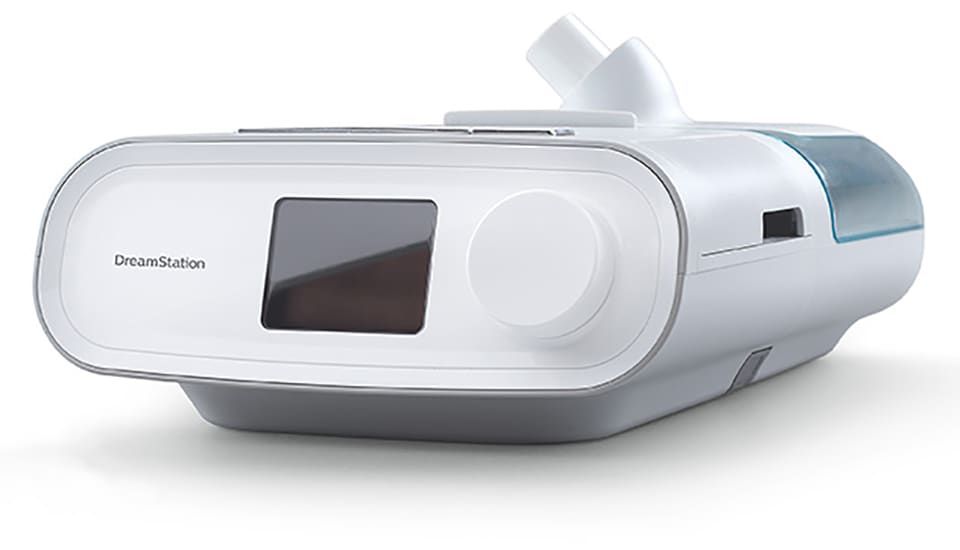
A restful night’s sleep is essential for overall health and well-being. However, for those suffering from sleep apnea, a common sleep disorder that causes pauses in breathing during sleep, achieving quality rest can be a challenge. Sleep apnea machines offer a solution to help individuals breathe easy and enjoy uninterrupted sleep throughout the night. These devices, also known as CPAP machines, work by delivering a continuous flow of air to keep the airways open and prevent pauses in breathing, ultimately improving sleep quality and overall health. Let’s explore the benefits of sleep apnea machines and how they can make a difference in managing this condition effectively.
Types of Sleep Apnea Machines
When it comes to sleep apnea machines, there are primarily two main types: Continuous Positive Airway Pressure (CPAP) machines and Bi-level Positive Airway Pressure (BiPAP) machines. 睡眠呼吸機 CPAP machines deliver a constant and steady air pressure to keep the airway open during sleep, while BiPAP machines provide varying levels of pressure, with higher pressure during inhalation and lower pressure during exhalation.
Another type of sleep apnea machine is the Automatic Positive Airway Pressure (APAP) machine. This device automatically adjusts the air pressure based on the individual’s breathing patterns throughout the night. This feature offers a more customized and comfortable experience for users, as the pressure can be tailored to meet their specific needs.
For those who require additional support beyond the traditional CPAP or BiPAP machines, there are Adaptive Servo-Ventilation (ASV) machines. ASV machines are designed to treat complex sleep apnea by continuously monitoring breathing and adjusting air pressure to match the individual’s breathing patterns. This advanced technology helps maintain a steady breathing rate and support optimal respiratory function during sleep.
Choosing the Right Machine
When selecting a sleep apnea machine, it’s crucial to consider your specific needs and preferences. There are different types of machines available, such as CPAP, BiPAP, and APAP, each catering to varying sleep apnea conditions. Consult with your healthcare provider to determine which machine is most suitable for you based on your diagnosis and sleep patterns.
Features like humidification, noise level, portability, and data tracking capabilities are essential factors to consider when choosing a sleep apnea machine. For instance, if you travel frequently, a portable machine with convenient carrying options might be ideal for you. Additionally, some machines offer smart technology integration, allowing for easier monitoring and adjustment of your therapy settings.
Don’t forget to check the compatibility of the sleep apnea machine with your prescribed mask. A proper fit between the machine and mask is crucial for effective therapy. Some machines are designed to work optimally with specific mask models, so ensure compatibility to avoid any issues during your treatment.
Maintenance and Care Tips
To ensure optimal performance of your sleep apnea machine, regular cleaning and maintenance are essential. Start by carefully following the manufacturer’s instructions for cleaning the different parts of the machine. This typically involves using mild soap and water to clean the mask, tubing, and humidifier chamber.
In addition to regular cleaning, it’s important to replace the machine’s filters according to the manufacturer’s guidelines. Filters help prevent dust and other particles from entering the machine, ensuring clean airflow. A dirty or clogged filter can impede the machine’s effectiveness and may lead to potential health risks.
Lastly, make sure to inspect the machine and its components regularly for any signs of wear and tear. Check for cracks in the tubing, loose connections, or worn-out mask cushions. Addressing these issues promptly can help extend the lifespan of your sleep apnea machine and ensure that it continues to provide you with restful and uninterrupted sleep.